Sea salt for the garden
gpaintjr
17 years ago
Featured Answer
Sort by:Oldest
Comments (87)
jfin
17 years agolast modified: 9 years agosoil_lover
17 years agolast modified: 9 years agoRelated Professionals
Surprise Landscape Architects & Landscape Designers · Piqua Landscape Architects & Landscape Designers · Suffern Landscape Architects & Landscape Designers · Washington Landscape Architects & Landscape Designers · Coeur d'Alene Landscape Contractors · Dinuba Landscape Contractors · Tacoma Landscape Contractors · The Villages Landscape Contractors · Yuba City Landscape Contractors · Batavia Decks, Patios & Outdoor Enclosures · Dedham Decks, Patios & Outdoor Enclosures · Fort Mill Decks, Patios & Outdoor Enclosures · Lebanon Decks, Patios & Outdoor Enclosures · North Myrtle Beach Decks, Patios & Outdoor Enclosures · Norco Stone, Pavers & Concreteorganic-marcie
17 years agolast modified: 9 years agopnbrown
17 years agolast modified: 9 years agosoil_lover
17 years agolast modified: 9 years agoelkwc
16 years agolast modified: 9 years agojustaguy2
16 years agolast modified: 9 years agoplantnfool
16 years agolast modified: 9 years agosoil_lover
16 years agolast modified: 9 years agoplantnfool
16 years agolast modified: 9 years agowayne_5 zone 6a Central Indiana
16 years agolast modified: 9 years agojustaguy2
16 years agolast modified: 9 years agopaulns
16 years agolast modified: 9 years agoshreesh
15 years agolast modified: 9 years agocrankyoldman
15 years agolast modified: 9 years agomedontdo
15 years agolast modified: 9 years agoabballdad_yahoo_com
13 years agolast modified: 9 years agoMichael
13 years agolast modified: 9 years agoMichael
13 years agolast modified: 9 years agoAndrewskull_yahoo_com
13 years agolast modified: 9 years agomagnetico
12 years agolast modified: 9 years agopnbrown
12 years agolast modified: 9 years agoIpmMan
12 years agolast modified: 9 years agopnbrown
12 years agolast modified: 9 years agoKimmsr
12 years agolast modified: 9 years agopnbrown
12 years agolast modified: 9 years agoIpmMan
12 years agolast modified: 9 years agopnbrown
12 years agolast modified: 9 years agoandalee
11 years agolast modified: 9 years agowayne_5 zone 6a Central Indiana
11 years agolast modified: 9 years agopnbrown
11 years agolast modified: 9 years agohansel123
11 years agolast modified: 9 years agoTheMasterGardener1
11 years agolast modified: 9 years agomaryet
11 years agolast modified: 9 years agopnbrown
11 years agolast modified: 9 years agoladyrose65
11 years agolast modified: 9 years agopnbrown
11 years agolast modified: 9 years agoTheMasterGardener1
11 years agolast modified: 9 years agopnbrown
11 years agolast modified: 9 years agoTheMasterGardener1
11 years agolast modified: 9 years agoMichael
11 years agolast modified: 9 years agowayne_5 zone 6a Central Indiana
11 years agolast modified: 9 years agobutchfomby
11 years agolast modified: 9 years agobutchfomby
11 years agolast modified: 9 years agobutchfomby
11 years agolast modified: 9 years agonc_crn
11 years agolast modified: 9 years agojulian2121
10 years agolast modified: 9 years agopnbrown
10 years agolast modified: 9 years agoTATN3712
9 years agolast modified: 9 years agoclarkinks
9 years agolast modified: 9 years ago
Related Stories
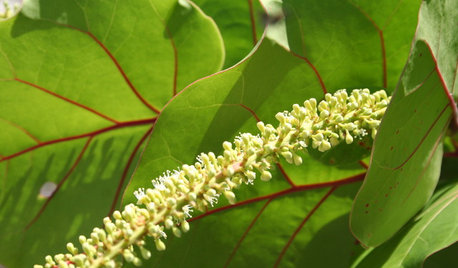
GARDENING GUIDESGreat Design Plant: Sea Grape, a Hardy Coastal Delight
Up to the high-tide line or even indoors, sea grape draws smiles for its looks and cheers for its tenacity
Full Story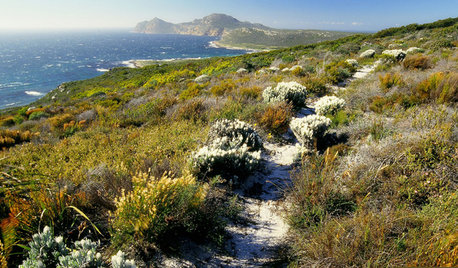
GARDENING GUIDESLet Nature Inspire Your Landscape: Shape a Sea-Inspired Garden
Create your own oceanside paradise even without the ocean, taking cues from natural coastal plantings
Full Story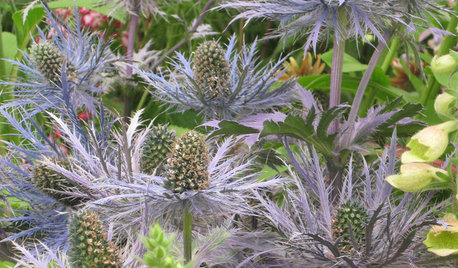
GARDENING GUIDESGreat Design Plant: Sea Holly
Its spiky appearance can be intimidating at first, but sea holly's range of climate tolerances and vivid color make it a landscape winner
Full Story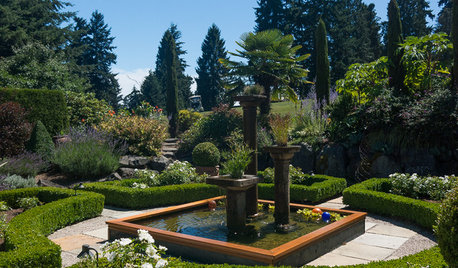
LANDSCAPE DESIGNGet a Mediterranean-Style Garden Even Far From the Sea
Some lavender here, a water feature there, and your garden just might feel transported to a balmy seaside locale
Full Story
HOUZZ TOURSMy Houzz: Pure Simplicity Reigns in Salt Lake City
Minimalist style puts dynamic architecture and hillside views front and center in a renovated Utah home
Full Story
HOUZZ TOURSMy Houzz: Modern and Moody Nostalgia in Salt Lake City
Dark, masculine and nodding to the past, this 1911 apartment is a haven for contemplation
Full Story
GARDENING AND LANDSCAPINGHow to Screen a Seaside Garden From the Wind
Lucky enough to live by the coast? Here’s how to protect your garden and deck from the harsh sea breezes
Full Story
COLORGet a Soft Spot for Sea-Glass Green
Soften a room's look by washing its walls in this delightfully airy shade, no sand in your shoes required
Full Story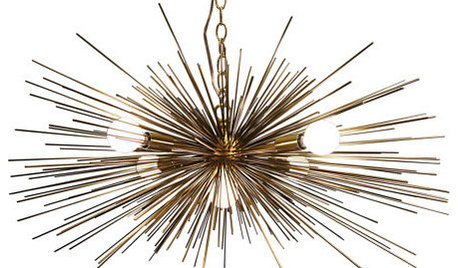
PRODUCT PICKSGuest Picks: Sharpen Your Home's Look With Sea Urchin Decor
Get right to the point with accessories and fabrics inspired by these prickly, spiny sea creatures
Full Story
HOUZZ TOURSHouzz Tour: A Neutral Palette Pleases By the Sea
Designer Phoebe Howard creates earth-toned elegance for a family's Florida beach getaway
Full Story







blutranes